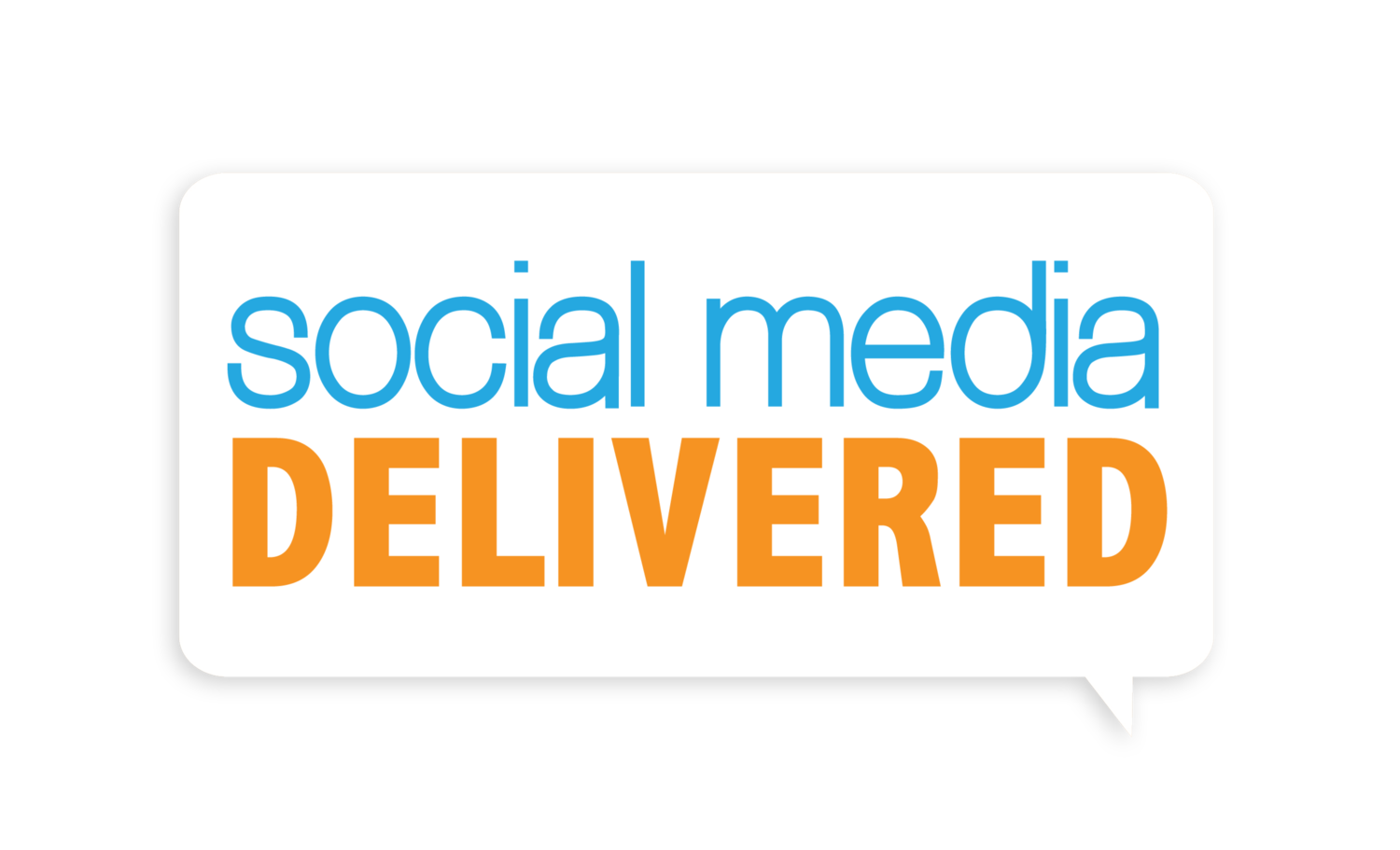Pinning Down Your Brand: Pinterest Issues of Consideration to Brand Owners
Guest Contributor: Kristen Beery in Social Media Law Brief, presented by Haynes & Boone We’ve all heard of it. It’s been in the news. You’ve seen it on Facebook. Charlie Sheen is probably even getting in on it. The latest buzz in social media: Pinterest (#Pinning!).
Pinterest describes itself as a virtual pinboard. Users of the site “pin” images they discover on the internet to their own pinboards. Other users can view the images pinned to someone’s pinboards, click through those images to the original site where the content was found, and share those images with others (“Repinning”).
Pinterest has enjoyed an enormous increase in popularity over the last year, rising to over 17 million users as of last month—hitting the 10 million user mark faster than any independent site in history, according to one study. Alexa shows that Pinterest.com is now the 16th most popular website in the U.S., and the 62nd most popular worldwide. And it drives significant referral traffic to other websites.
As with any popular social media site, Pinterest can provide a valuable tool to trademark owners—a means of marketing and promoting their brand to the millions of Pinterest users, and could be particularly valuable when marketing to the largest Pinterest demographic, women between the ages of 25-34, an opportunity not lost on brands owners such as Chobani and Coca Cola.
How should a brand owner go about pinning down its brand on Pinterest? And what should a brand owner do if someone has already claimed the brand as a username, or is using the brand on one of the pinboards? What other legal issues should a brand owner consider?
Our first recommended step for any brand owner is to register its brand as a vanity URL, in the form of pinterest.com/brandname or some variation thereon. Pinterest is currently an invitation-only site. That does not mean the club is as exclusive as it might sound. You can request an invitation from the site by submitting an email address. Once you receive an invitation from Pinterest, you can sign up through your company’s Twitter account (Pinterest also allows registration through a Facebook account, but limits it to only personal profiles).
Regardless of whether you intend to actively use your Pinterest account, the up-front registration of your brand name can save you the hassle of having to go after a username squatter later in an attempt to recover the name. And nothing in the Pinterest Terms of Use indicates that active use is a requisite for having a Pinterest account.
What happens if you try to register your brand, only to find it has already been taken by someone else? Pinterest states on its site that accounts with “usernames, pinboard names, or any other content that violates another’s trademark may be updated, transferred or suspended.” It provides an online trademark complaint form through which a brand owner can quickly and easily submit a complaint to Pinterest regarding a username squatter or some other infringing content. On that form, a brand owner can request transfer of the username to itself, or it can simply request that the username be blacklisted from further use. The Pinterest site does not indicate what criteria Pinterest might apply when determining whether to transfer or blacklist a username. The site also does not indicate whether a brand owner can request blacklisting of a username before it is even registered by anyone.
Beyond the trademark issues, there are other aspects of Pinterest of which a brand owner should be aware. For example, legal analysts have been dissecting the potential copyright liability of a Pinterest user who pins copyrighted images to its pinboard. One attorney even deleted all of her pinboards to avoid such liability. And brand owners should also be aware of the broad license granted to Pinterest in its Terms of Use (see “Member Content”), which essentially gives Pinterest an irrevocable and perpetual license to do almost anything with content pinned or otherwise published by a user, even after that content is deleted by the user.
Brand owners clearly should weigh the potential pitfalls of Pinterest with the benefits of having such a large consumer base readily available, and the issues discussed here are just a few items to consider before diving in to Pinterest. But once you decide to join the community, the world is your pinboard, and there are countless ways in which you can engage and interact with Pinterest users, thereby promoting your brand.
About Kristen Beery
Kristen Beery is an associate in the Dallas, TX office of the law firm of Haynes and Boone, LLP. Her practice encompasses all aspects of intellectual property protection, with an emphasis on trademark law, patent prosecution and technology transactions. She may be reached at kristen.beery@haynesboone.com or 214.651.5326.
